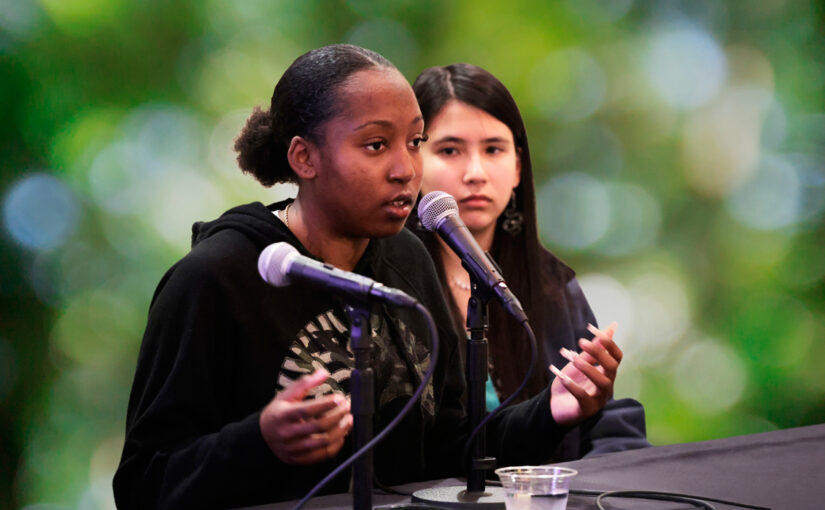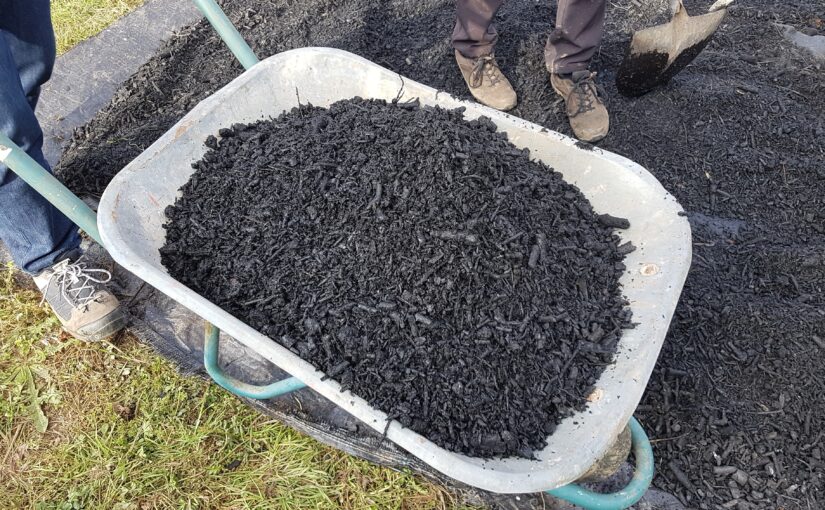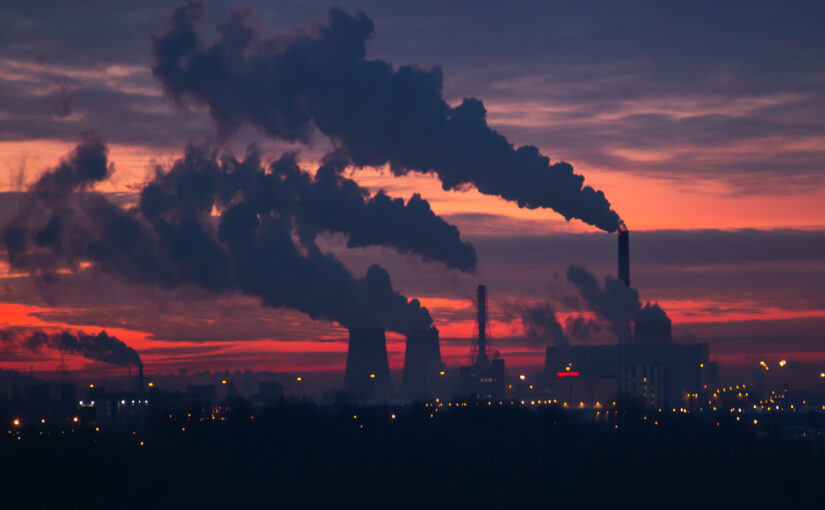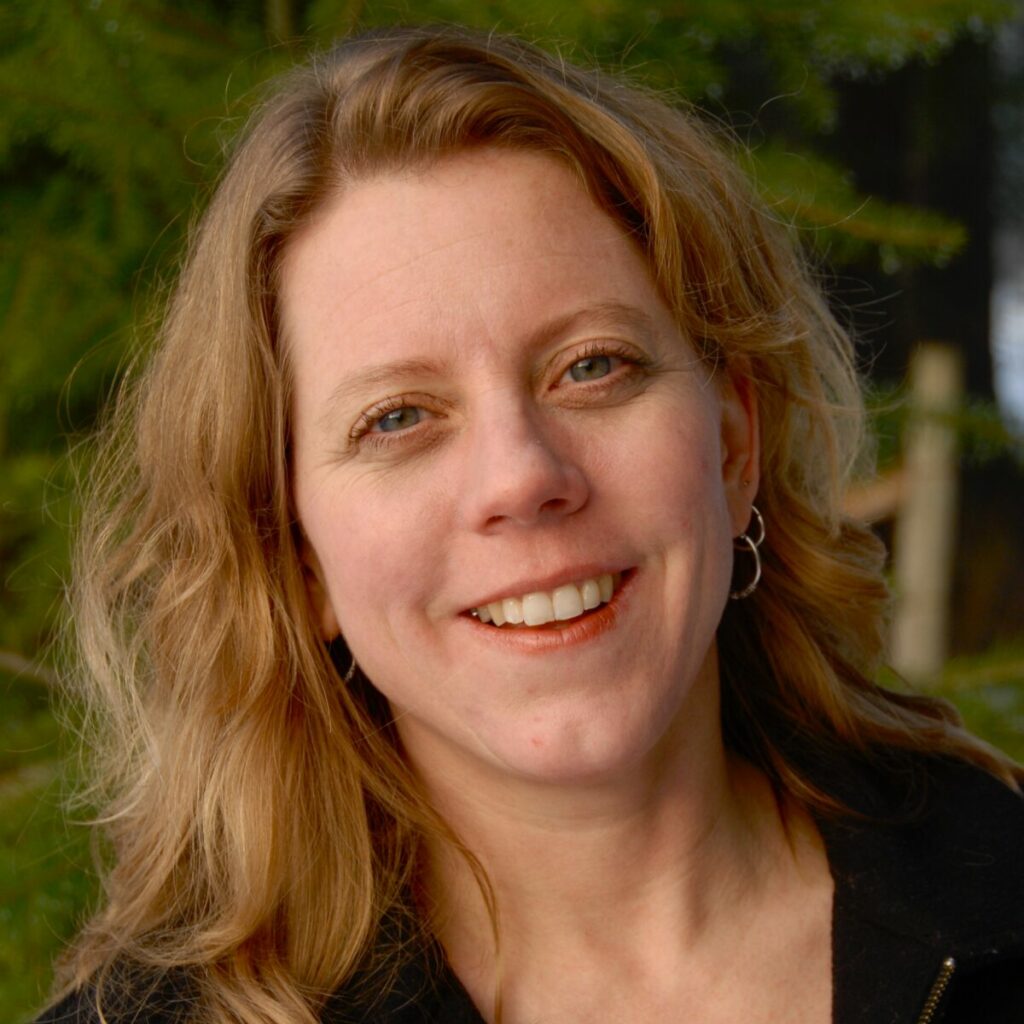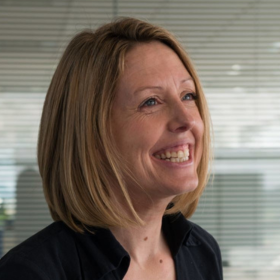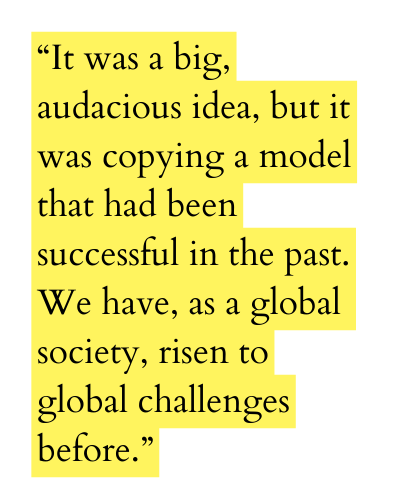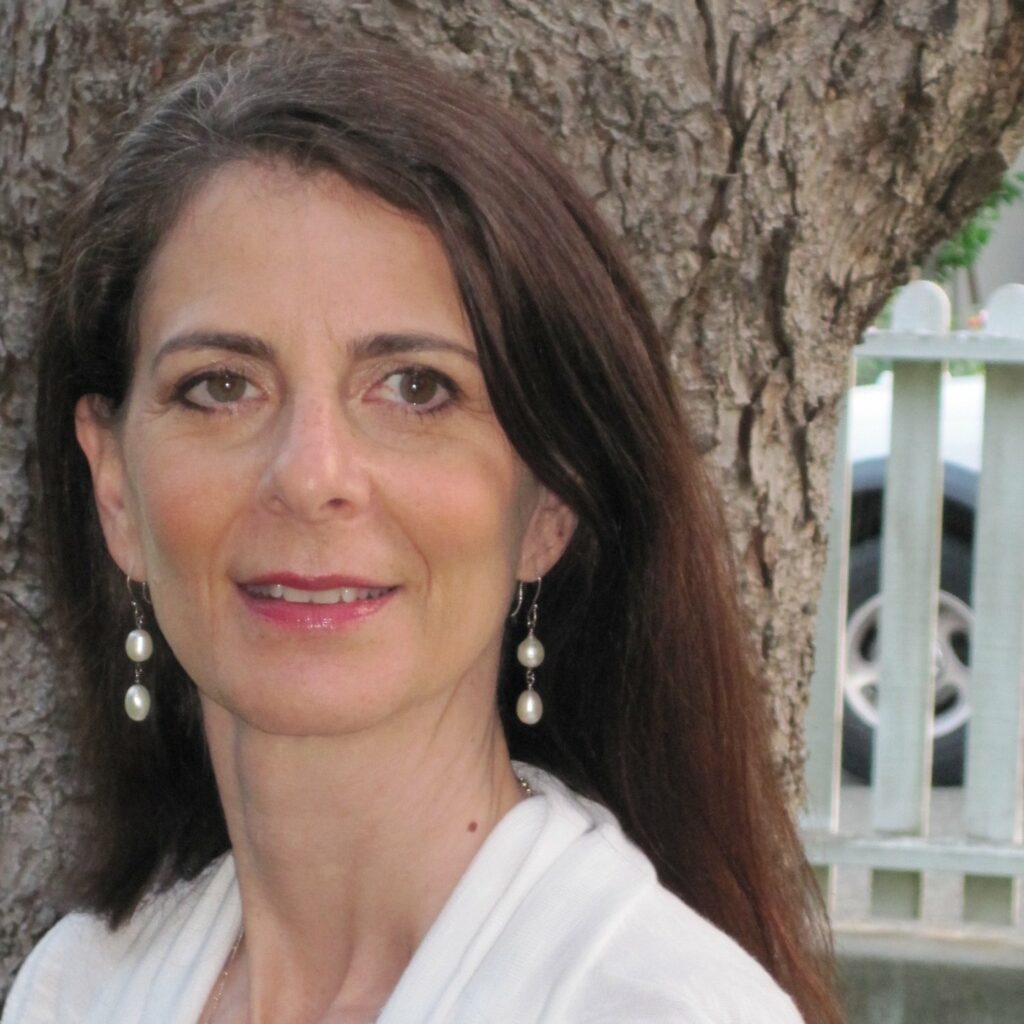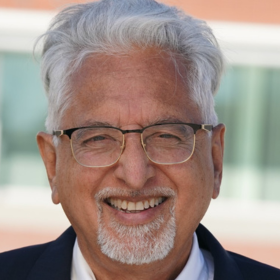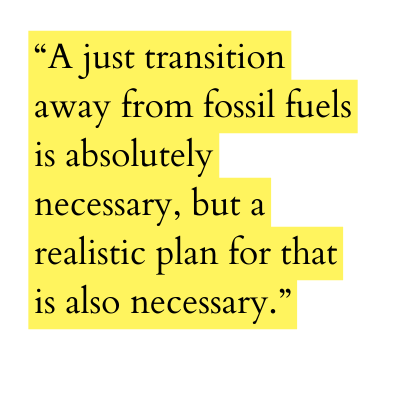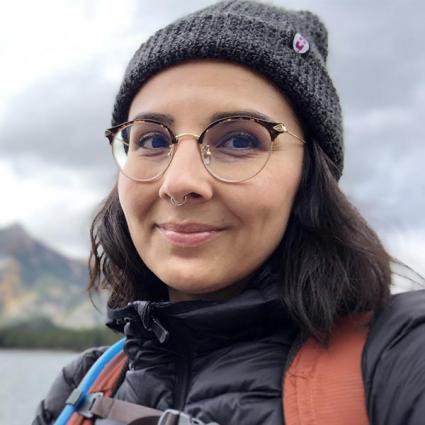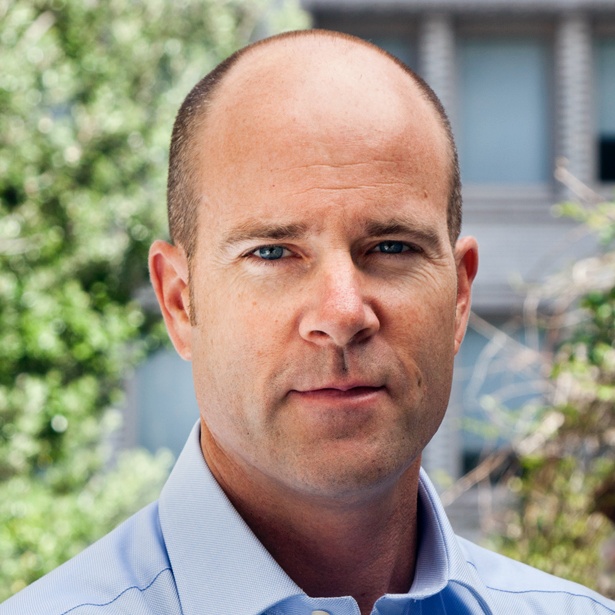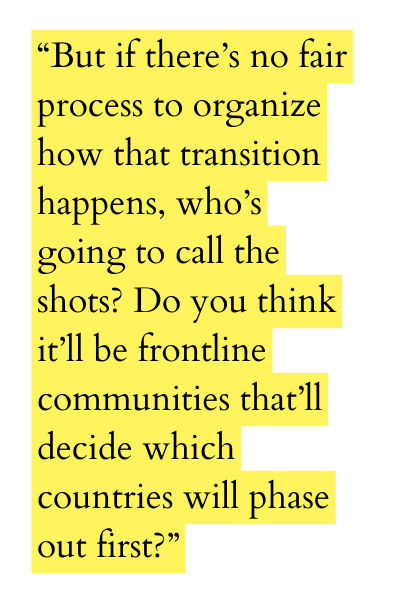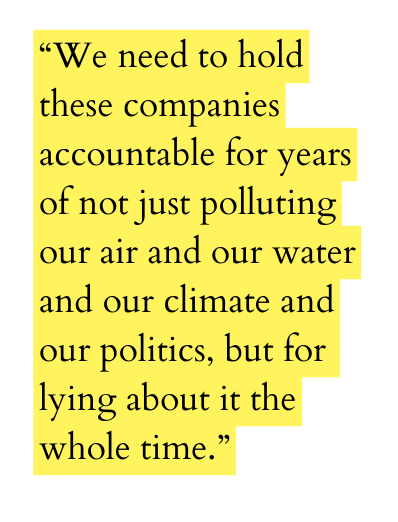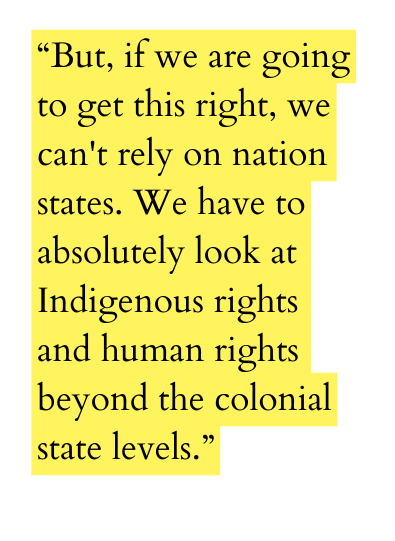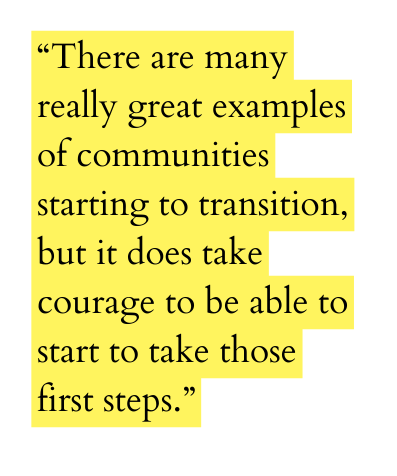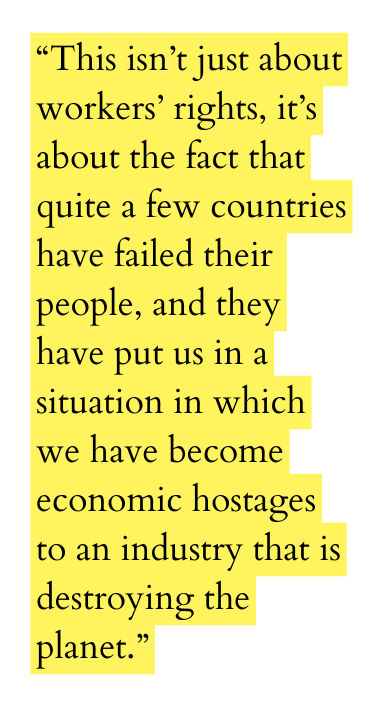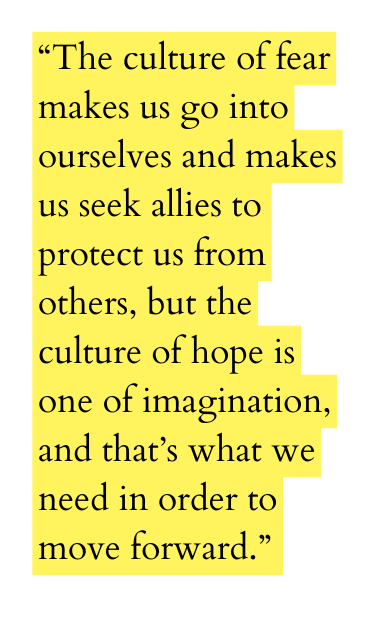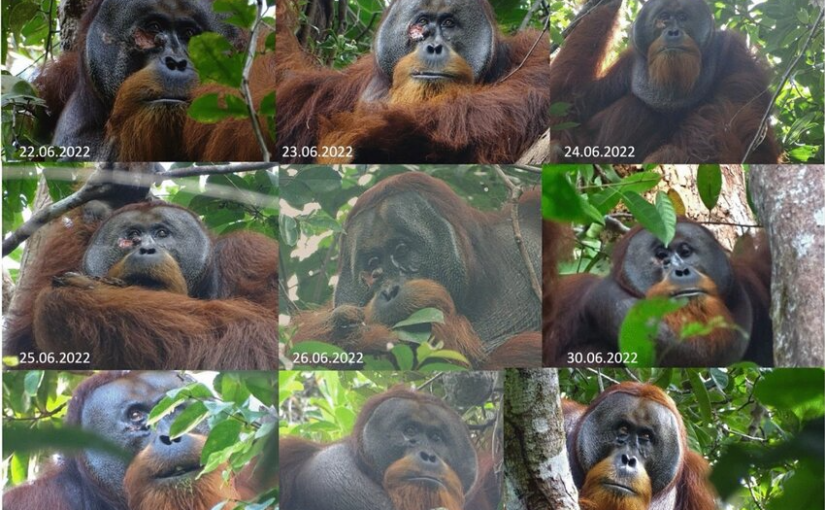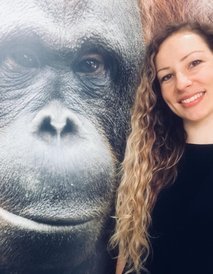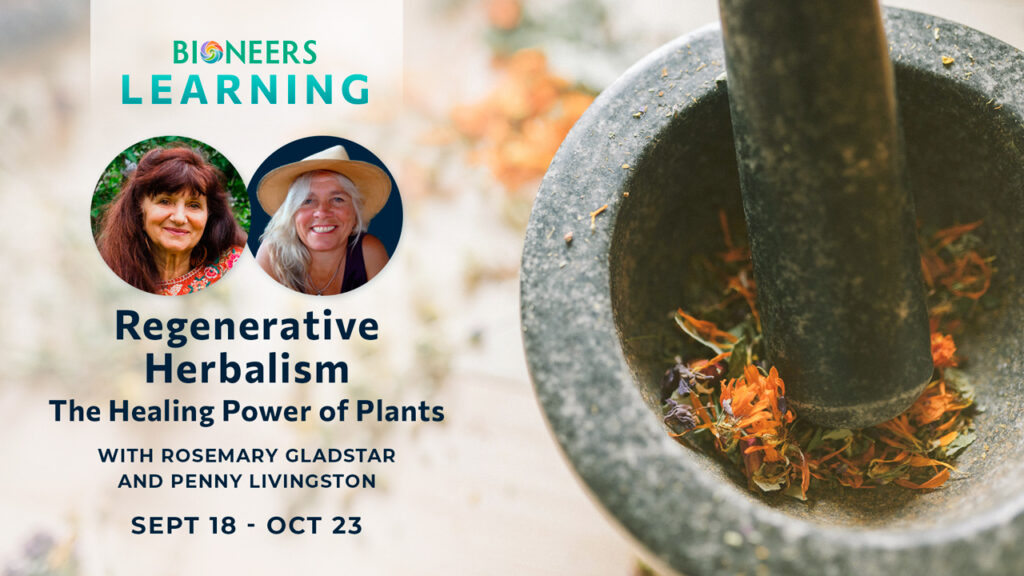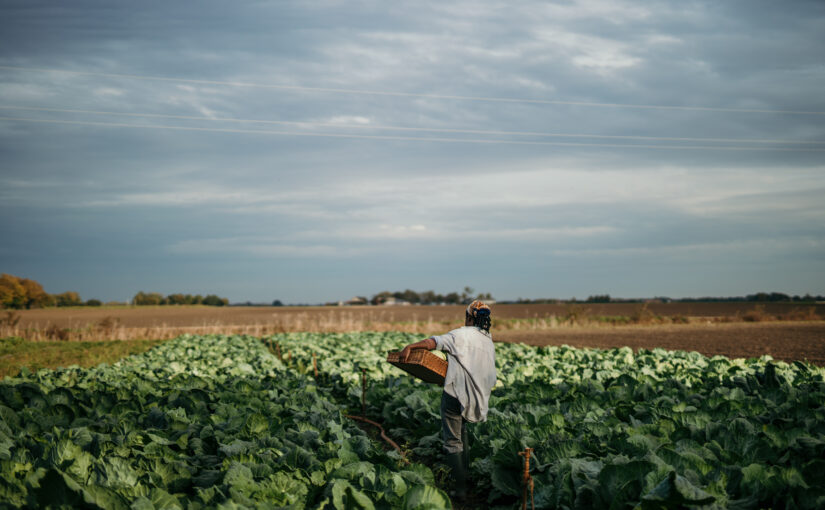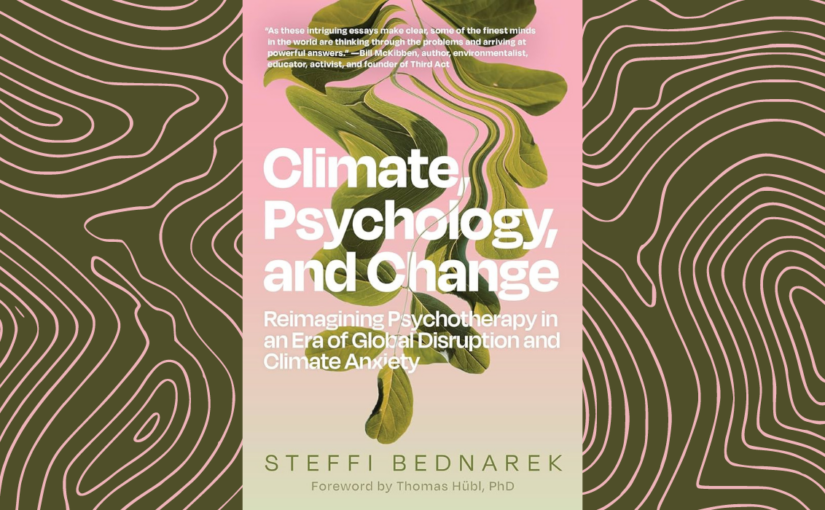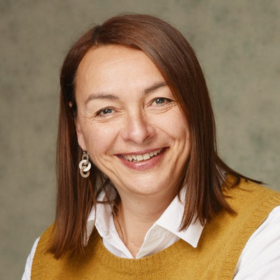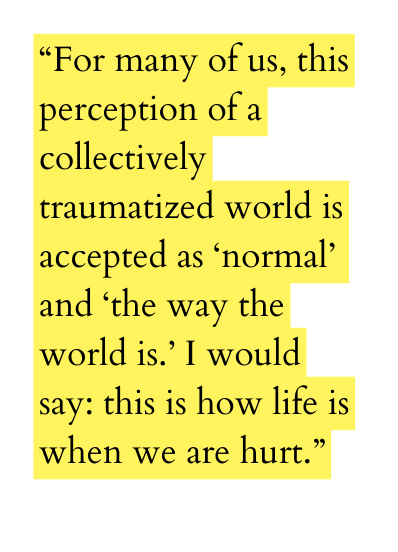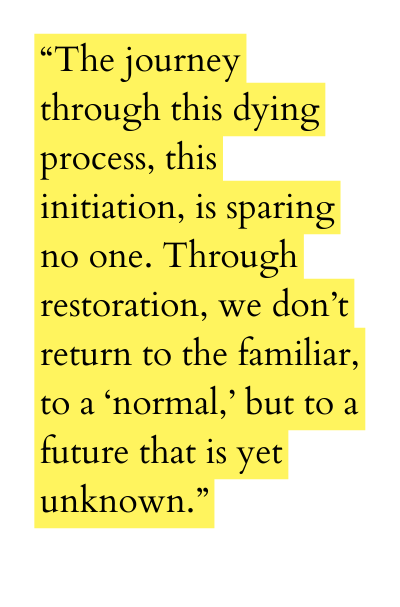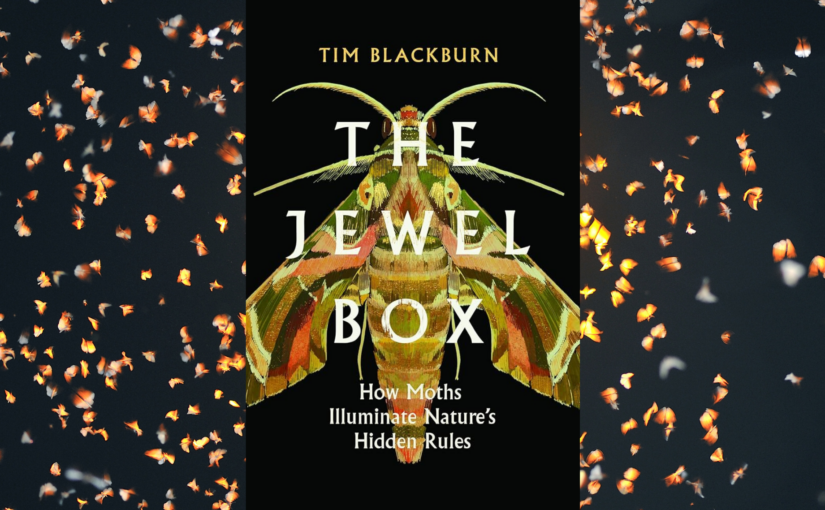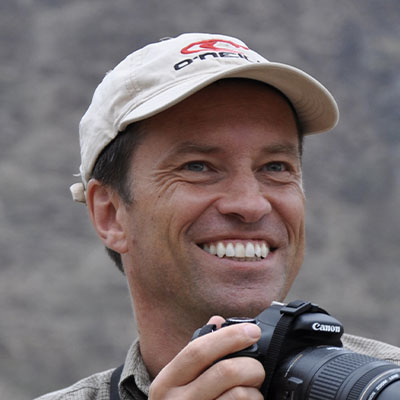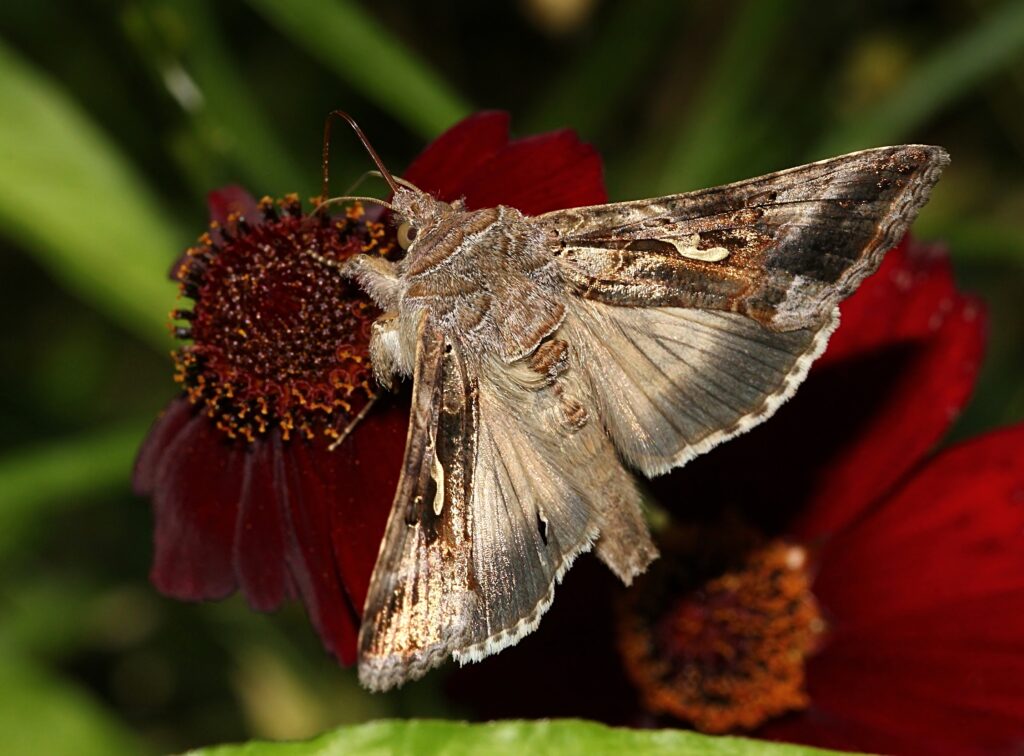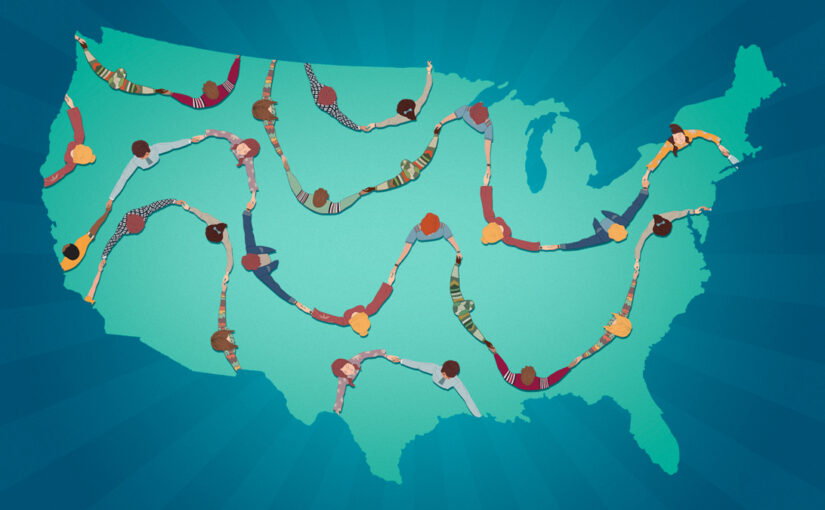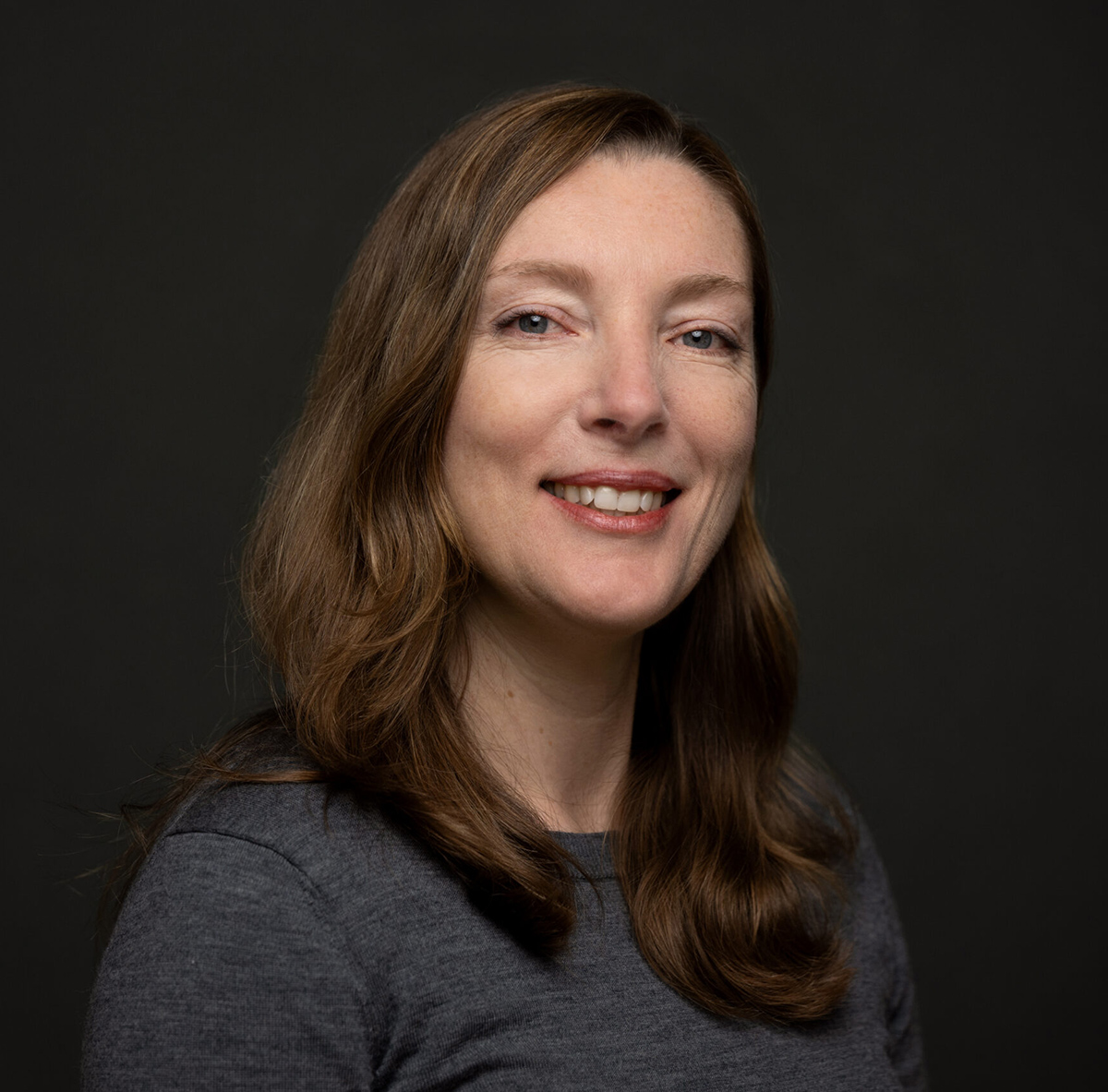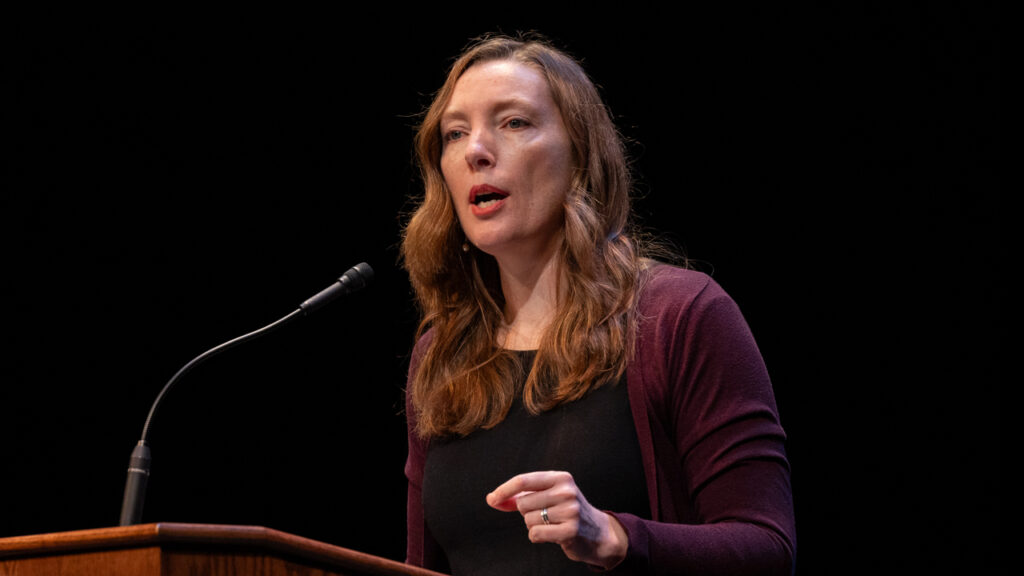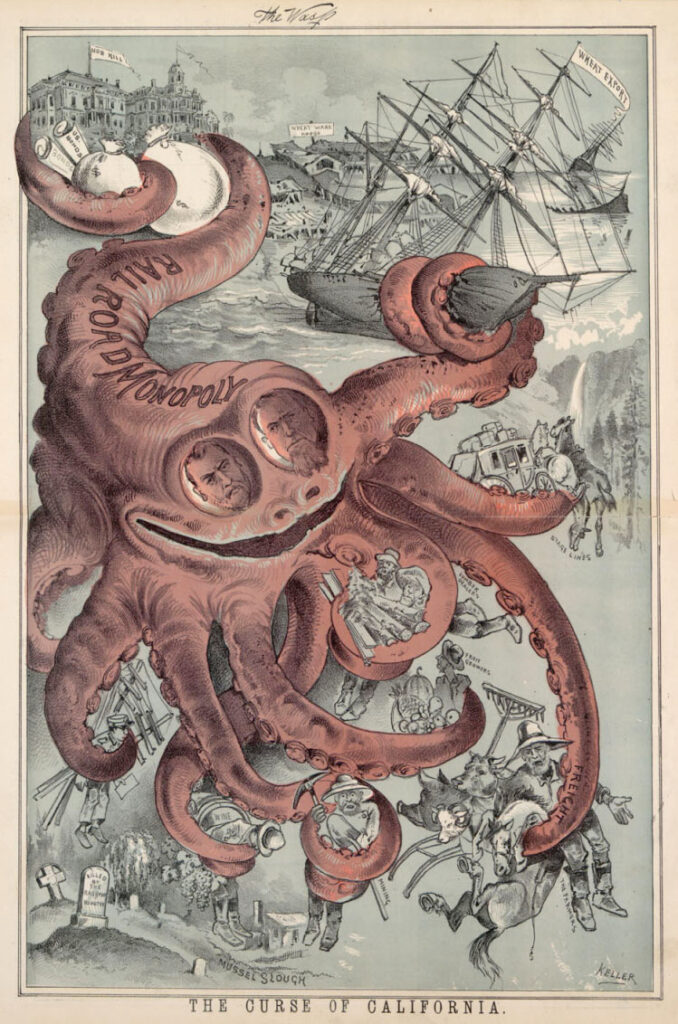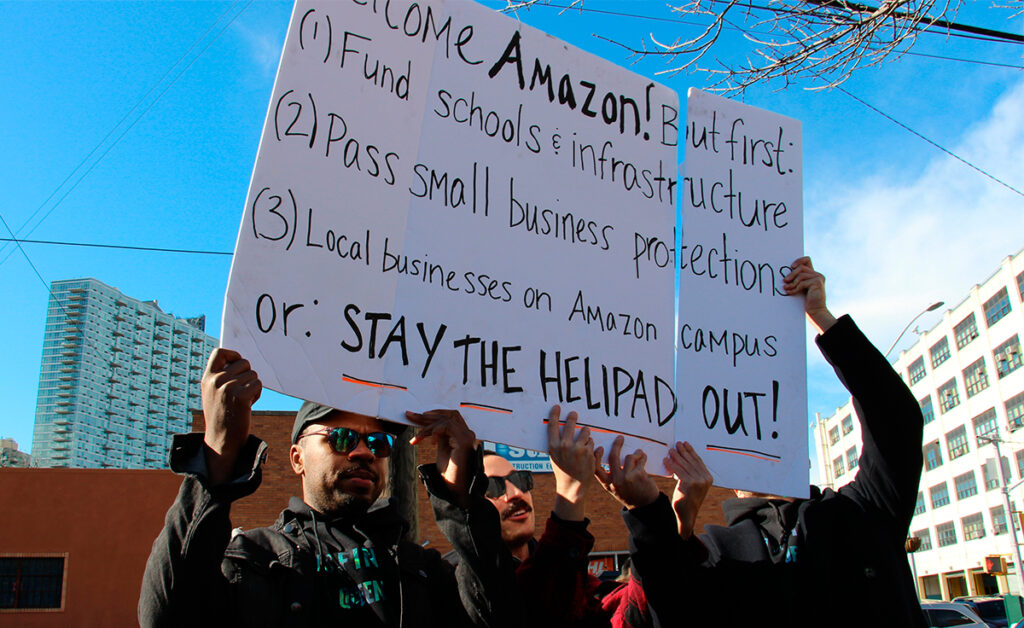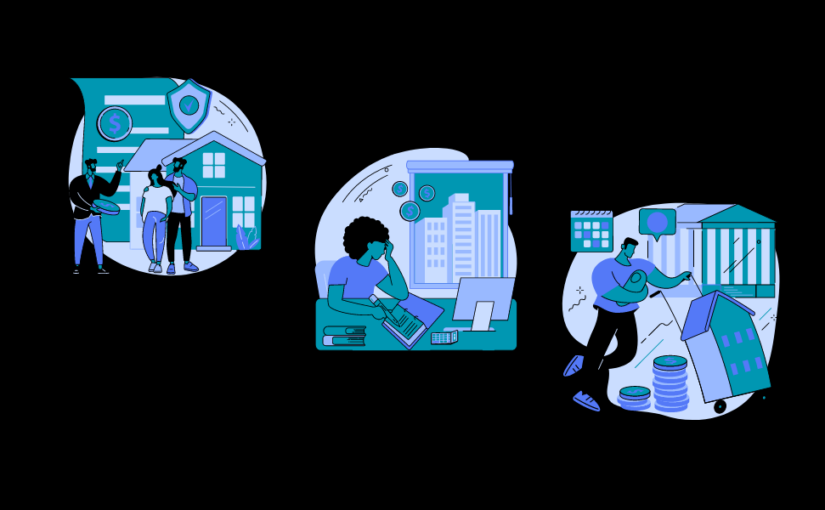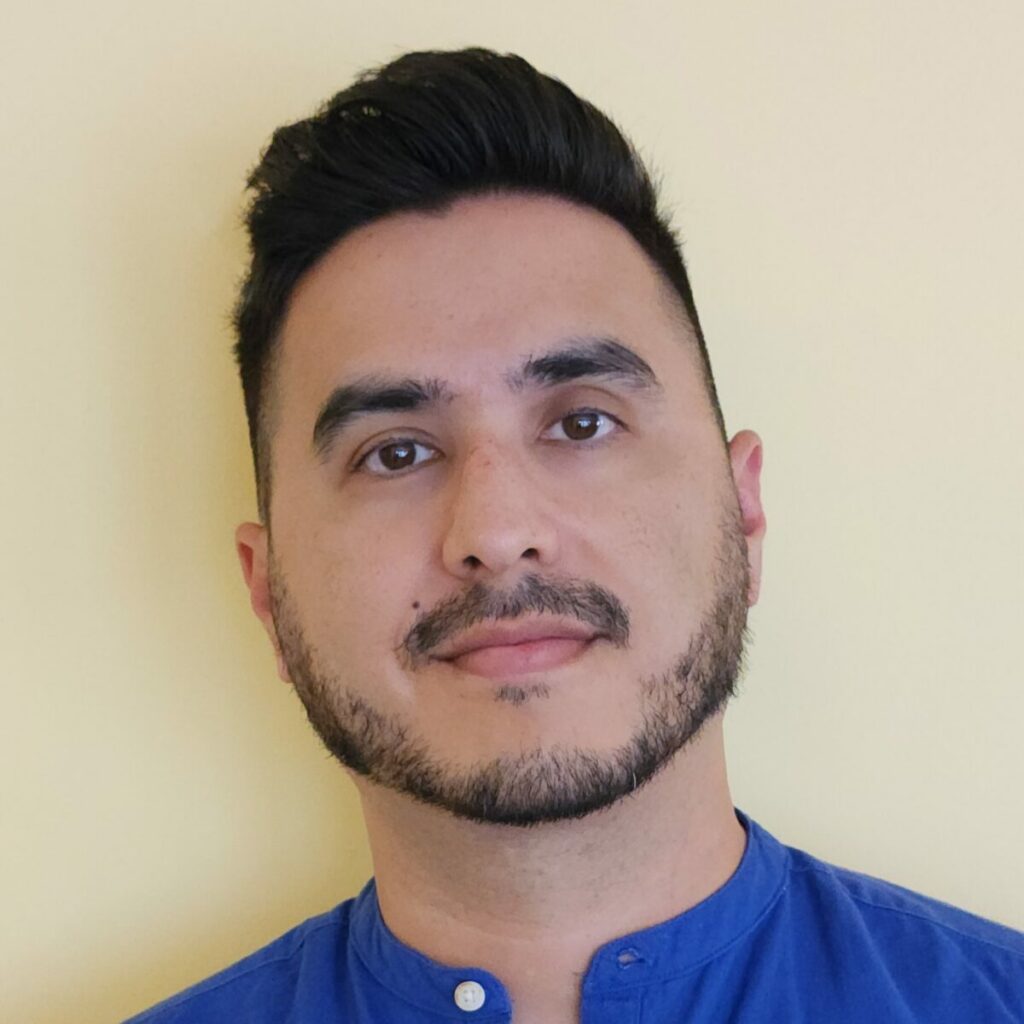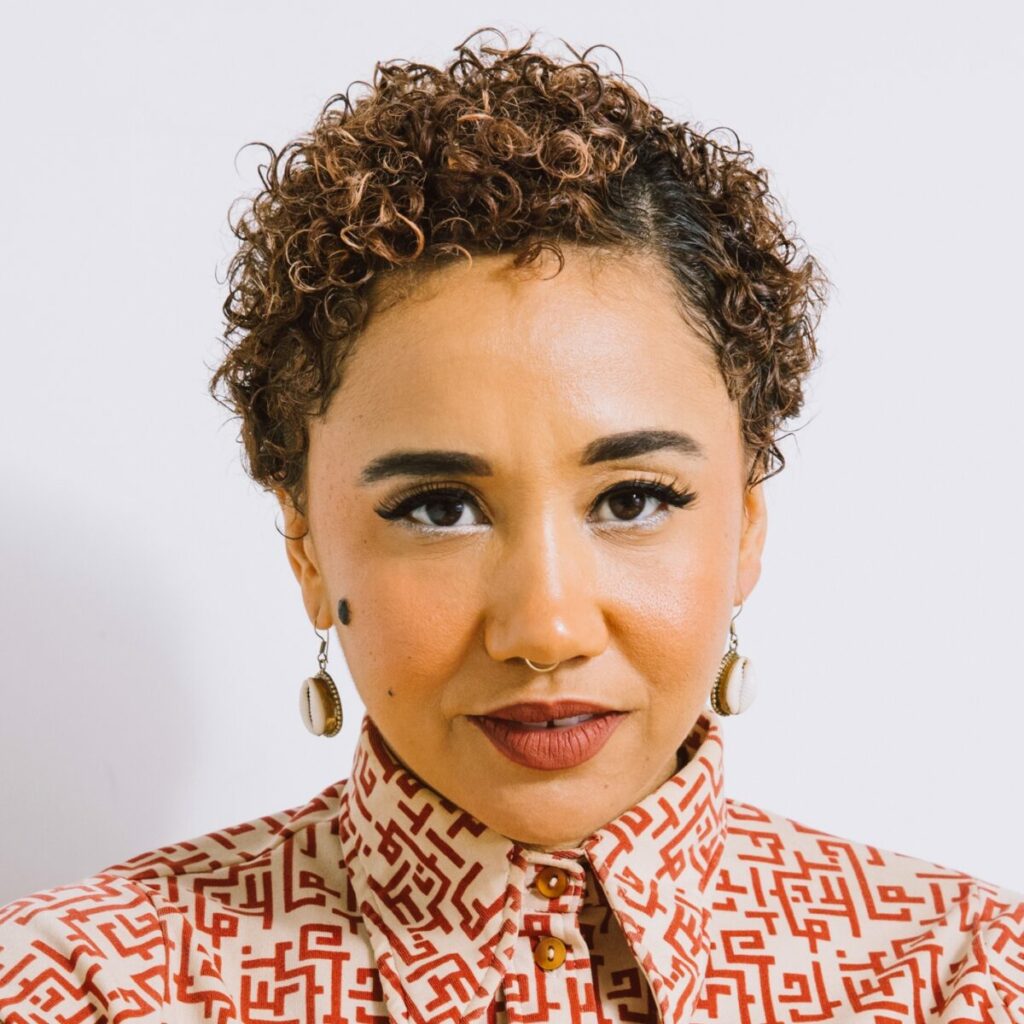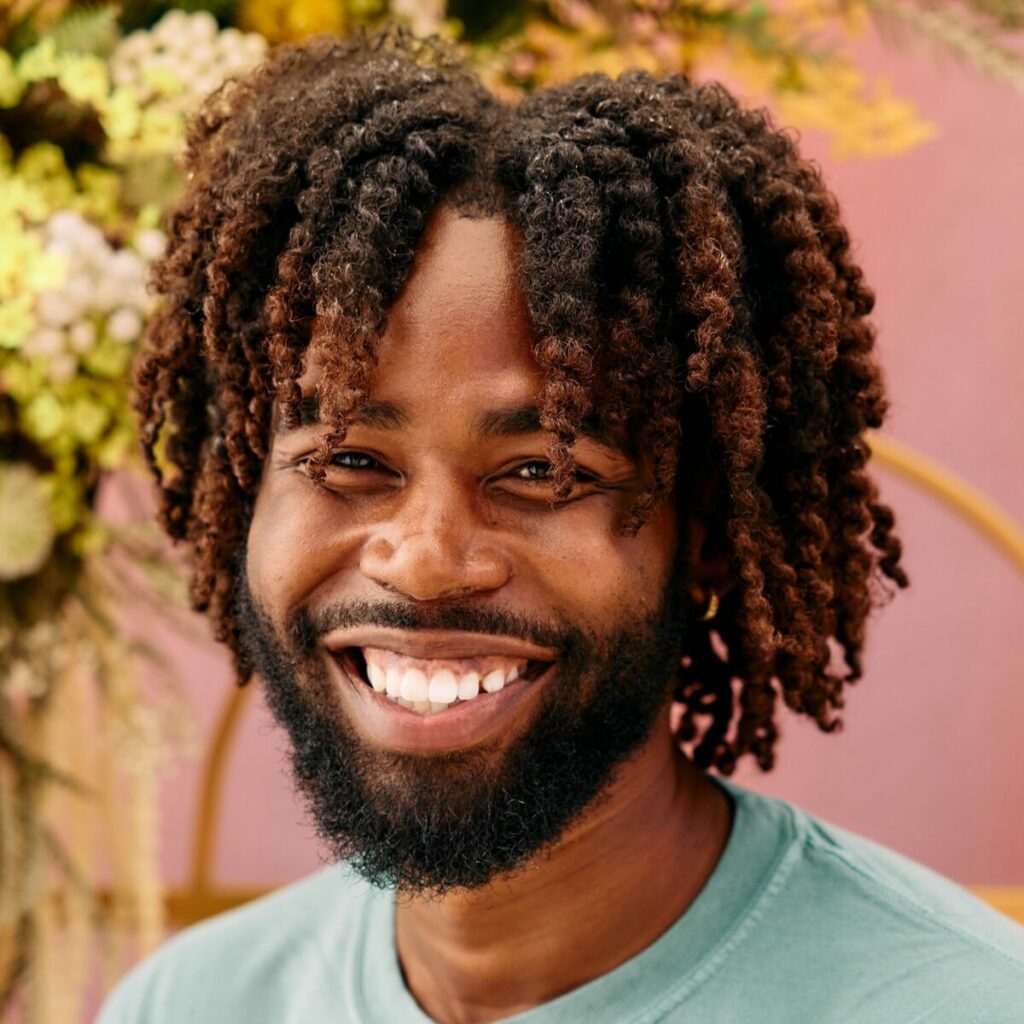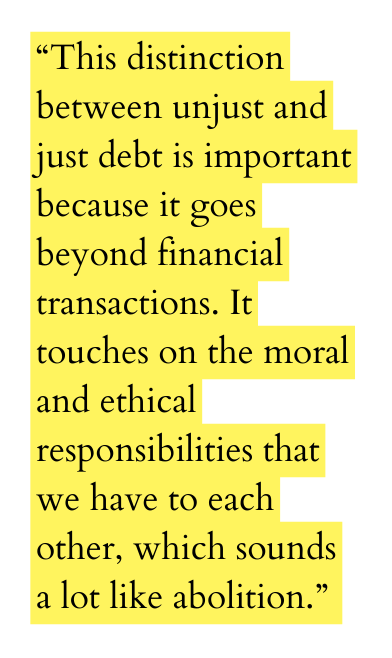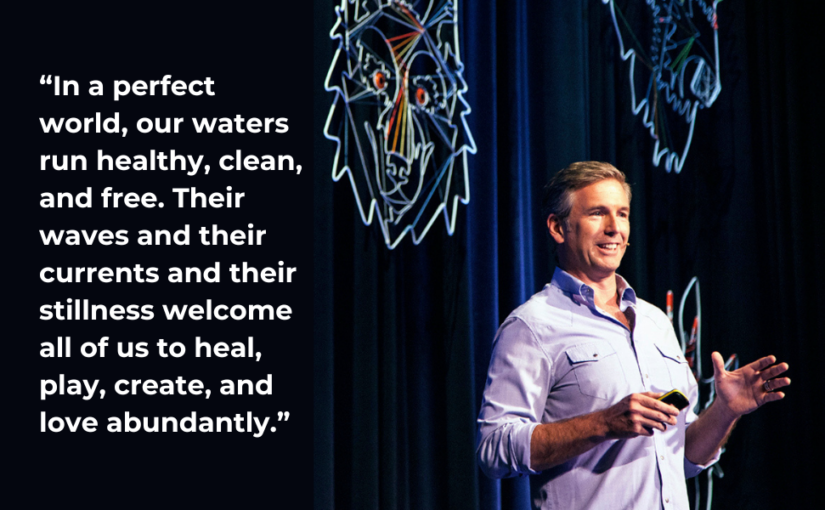Young activists have emerged as the most significant and impactful voices in global movements to combat climate change and demand environmental justice. In this 2023 Bioneers panel discussion, learn from the perspectives, projects and aspirations of three outstanding young leaders. The panel features the award-winning, globally renowned activist Alexandria Villaseñor, founder of Earth Uprising; grassroots environmental justice organizer Alexia Leclercq, recipient of the 2021 Brower Youth Award and co-founder of Start: Empowerment; and Oakland-based spoken word poet and performer Aniya Butler, a Lead Circle Member of Youth vs. Apocalypse. Callie Broaddus, Founder and Executive Director of Reserva: The Youth Land Trust, moderated the panel.
The following discussion has been edited for clarity.
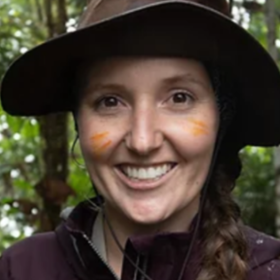
CALLIE BROADDUS: Today, we’re going to be talking about community organizing and movement building. Fighting for the planet and her inhabitants is incredibly hard; it takes resilient and creative people to lead that change, and I’m here with three amazing young activists who have not just led but have also helped build movements. We need to build strong communities to sustain ourselves and reverse the trends that many people would have us believe are immovable. Building community is fundamental to winning the various fights we’re all waging because, as Saru Jayaraman said this morning, none of us are going to win alone.
I started an organization called Reserva: The Youth Land Trust. I work with youth from around the world. We have 100 young people 26 and under from 30 countries working to try to save and help protect threatened biodiversity hotspots, including a reserve we helped create in Ecuador, which is an entirely youth-funded nature reserve.
It’s an enormous honor to be here with three remarkable people who have been waging, all in their own ways, incredible battles on the climate front. We’ll start with Alexia Leclercq.
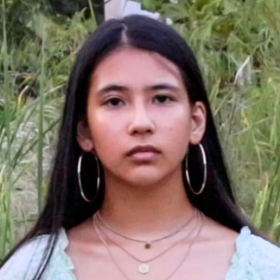
ALEXIA LECLERCQ: My climate activism journey started in middle school when I first introduced recycling at my school. Later, I started working with the Youth Climate Strike movement and with Sunrise, working to elect progressive politicians and on various social justice issues, from police abolition to anti-gentrification, as well as helping translate for asylum seekers.
When I was 18, I connected with an organization called PODER, which has been around for over 30 years now. I got involved in a campaign of theirs to fight a 52-acre fuel storage facility in East Austin, Texas, which had for years and years been causing groundwater and soil contamination, dumping toxic chemicals, and nothing had been done about it. There were extremely high cancer rates in the community, which was predominantly Black and Brown, yet officials refused to acknowledge the cause of those high cancer rates. It wasn’t until the community members came together and some incredible people that I get to call my mentors led the struggle. Ultimately, six Latina women went up against some of the largest oil corporations and, within two years, won and were able to force that facility to relocate and leave East Austin. That really showed me the power of organizing.
Through PODER, I was able to learn about the deep history of racism in Austin. Even though I had spent most of my life growing up there, I was ignorant about it because it wasn’t something that was taught in school. But with PODER, I got my hands dirty doing organizing, going door-to-door in the community to understand the issues people were facing. Besides working on relocating toxic tank farms, we also fought for aggregate mining operation regulations because Texas has some of the weakest regulations in the country.
Most recently, we’ve done a lot of work around protecting the Colorado River Conservancy. Not just the health of the river but really connecting the health of the river to the health of the community. That has led us to work a lot in local government in order to create a guide for sustainable development alongside the Colorado River in East Austin, which had been an area that was just a free-for-all because the environmental regulations are extremely unequal — with the richer, whiter West Side having lots of protections and the East Side having very few. Water privatization has also been a huge issue. The city of Austin is often seen as a progressive place, but 12,000 residents there don’t have clean water. The water is quite literally brown. That is because that community is being serviced by a private water entity, so I’ve been digging into water policy a lot lately.
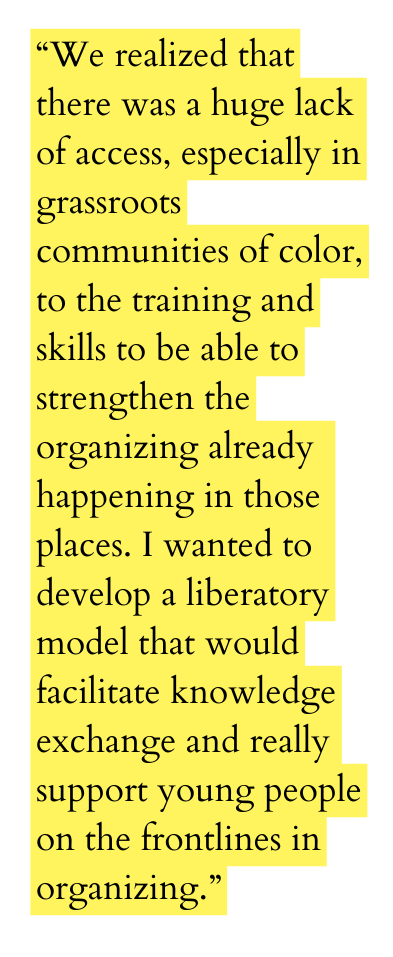
The last thing I want to talk about is my organization Start: Empowerment. In 2019, I attended the Wallerstein Exposition, which is a climate education conference. There were hundreds of organizations there, and they were all really cool, but every single one of them focused on the science of the climate; none of them touched on Indigenous ecologies, or the social-political dimensions, or the justice aspects of the crisis. So I and one of my close friends, Kier, came together and wrote up an Environmental Justice curriculum. I had a friend who graduated before me and was able to go back to work at her own high school, and so we pitched it to the vice principal. From there, we were able to spread it to different high schools, as other teachers and vice principals started reaching out, and from there we not only worked with public schools but started doing a lot of community-facing educational programs as well.
We realized that there was a huge lack of access, especially in grassroots communities of color, to the training and skills to be able to strengthen the organizing already happening in those places. I wanted to develop a liberatory model that would facilitate knowledge exchange and really support young people on the frontlines in organizing. I think it’s led to some incredible work and some very different campaigns and victories. From fighting the Brooklyn pipeline in New York City to fighting Enbridge’s new oil terminal — which we successfully prevented from being built in Corpus Christi — to mutual aid and Food Justice initiatives. It’s generated a lot of cool policy work as well.
I’m really honored to be able to be in this space to learn from elders and meet other organizers. I really believe in the power of community organizing, which I define as communities building collective power to enable change. And I think history doesn’t lie. We’ve seen, from the Montgomery bus boycotts in the 1950s to the United Farm Workers Union in the ‘60s, to Indigenous People winning against the Keystone pipeline, to EJ organizers, to mention only a few, that organizing really does work. I really believe that we can change the world.
CALLIE: I have one quick follow-up question. You talk about education as knowledge exchange, and I had to look up what “liberatory pedagogy” meant. How does liberation fit into education?
ALEXIA: It’s a framework that establishes that we need to have a critical understanding of the systems that we live within and an analysis of the actual levers of power in society. It’s really an exchange of information, because people learn from their lived realities, so they know what’s happening.
My professors at Harvard say certain things that my neighbors down the street who have never gone to college also know, perhaps even more clearly, but they might not have the words to express it in a scholarly manner. Communities know what they need, what they want, and how to be resilient. I think education has to be an exchange of knowledge that includes learning from people’s lived experience. When we can really work together to co-create knowledge and to combine it with action, we are headed towards liberation.
CALLIE: That’s fantastic. Our next speaker is Aniya Butler, a 16-year-old spoken word poet and organizer from Oakland, California, who works with the youth-led climate justice group Youth vs Apocalypse, where she directs the Hip Hop and Climate Justice Initiative, and coordinates the No One Is Disposable campaign.
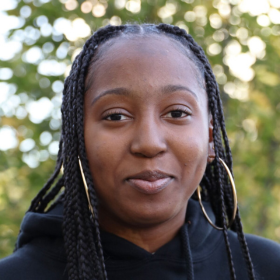
ANIYA BUTLER: I started to write poetry when I was eight years old, and I performed my first poem when I was 10 at the annual OUSD MLK Oratorical Festival. It was an original poem titled “This World Is Upside Down” that was inspired by a mural on a wall in a high school next to my elementary school dedicated to the lives of people who had lost their lives to police violence and lynching.
From there, I just became more and more aware of what life looked like for people who looked like me, people who came from my community. I wrote that poem, and my mom pushed me to read it at that contest, and it gave me the sense that I could have a voice. Poetry gave me a way to channel my anger, to feel less lonely and to help me find a community.
I got involved with a writing center, Chapter 510, based in Oakland, and I published a book when I was 12, “This World Is Going to Change.” By that point, I was more interested in how I could use my art to get people to know more and to get involved. I continued to expand my art, to learn more about the different systems that hold us back, and to keep exploring what role I could have in changing things through my poetry. So, I continued to perform, write, educate myself, talk to different people, gain mentors, and develop a sense of community with friends and people who care about the same issues that I do, then I got involved with Youth versus Apocalypse when I was 13.
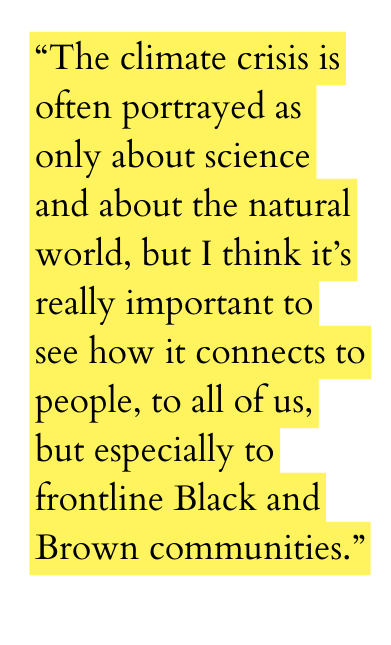
Youth versus Apocalypse (YVA) is a Bay Area-based group led by predominantly frontline youth fighting and advocating for climate justice but through an intersectional perspective. The climate crisis is often portrayed as only about science and about the natural world, but I think it’s really important to see how it connects to people, to all of us, but especially to frontline Black and Brown communities. When I first heard about the climate movement, I didn’t think it was something that I wanted to be involved with. But I went with YVA to an action in 2019, International Climate Strike Day, and there were 20,000 to 40,000 people there and the energy was really strong. YVA people spoke about not just stopping the process of climate change, but about dismantling the systems that caused it in the first place, realizing that climate change is a symptom of colonialism, capitalism, racism, white supremacy, all these systems that have been built to deprive frontline communities of liberation.
That spoke to me. Once I realized that, I realized that I needed to be in the climate justice movement, and that I needed to be organizing my peers in my community to realize their connection to the climate crisis and the important role they have. Within YVA, I wear a couple of different hats. I’m involved in the “No One Is Disposable” action planning team, which started in 2022 in the beginning of the school year. It specifically focuses on organizing direct actions around intersectional issues. For example, in Oakland in September, we led an action around keeping coal out of Oakland, to fight a plan to build a coal terminal in West Oakland.
We recognized how detrimental that would be to the health of that mainly Black, Brown and low-income community. We had an action to raise awareness about it and to hold our city council members accountable to keeping coal out of Oakland, and a lot of them agreed to do that, so that has been a big success, but that campaign is still ongoing to make sure they keep their word.
We also held an action this past November around COP27 to focus attention on the military’s role in the climate crisis. People don’t talk about that very much, and it was a new issue to many in our community, but the military is a huge consumer of fossil fuels, and its actions have enormous impact on all our lives.
My second role in YVA is to coordinate the Hip Hop and Climate Justice Initiative, which I hold so dear to my heart. We focus on engaging youth in the climate justice movement through different forms of hip hop, realizing that everybody might not want to call their senator or their local politician, but they might want to write a poem advocating for a certain policy. It has been a great way to help a bunch of our young peers find their voices, just as poetry did that for me.
We’ve produced three music videos and over 50 workshops in Oakland and San Francisco schools. That has been a very good experience for me because I’ve gotten to not only create art but help others create meaningful art. This year we’ve done some open mics in partnership with Chapter 510 to provide a space where youth can come together and be vulnerable and share their experiences, struggles and hardships, not only in what we’re fighting against but in the fight itself, because it can be very draining. It provided a great opportunity for us to showcase our resistance but also our resilience, our ability to come together as a community and to continue this fight together.
CALLIE: How do you make that overlap between joy and resilience in trying to deal with this incredibly difficult topic that is climate change and the way it impacts people unfairly?
ANIYA: I think art in general can play a big role in providing both joy and resilience, and that can enable the movement to continue to happen, because I think it definitely cannot last if a lot of people are grumpy or sad all the time. Art can give people a feeling of freedom and hope and a sense of playfulness, which can help them maintain their motivation. For me, it’s given me the freedom to tell my story and it’s helped me feel connected to a community.
CALLIE: Our final speaker is Alexandria Villaseñor, who at age 13 co-founded the U.S. Youth Climate Strike movement, which is part of the international, youth-led Fridays for Future movement. Now, at 17, she’s become an internationally recognized, award-winning activist who has founded several initiatives, including Earth Uprising International. She was also one of the child petitioners for the groundbreaking international complaint to the U..N Committee on the Rights of the Child, Children vs. Climate Crisis.

ALEXANDRIA VILLASENOR: I grew up in Northern California here, but when I was 13, my mom ended up going to New York City for a 12-month masters’ program, and I insisted she take me with her, not realizing that that would be the place where my activism would really start. So, we were living in New York City, but a lot of my family still lived in Northern California, so I found myself going back and forth. I was in my hometown when the fire in Paradise, California, happened in November of 2018, one of the worst wildfires in California’s history. I remember the entire area where I lived was just blanketed in this thick, unbreathable smoke. The air quality was over 350 AQI, which is in the hazardous category. I remember seeing people just collapsing in the street because they didn’t realize how harmful smoke inhalation was. I have asthma, so I remember being terrified, thinking that if I stepped outside for longer than 10 minutes, I could be in serious trouble.
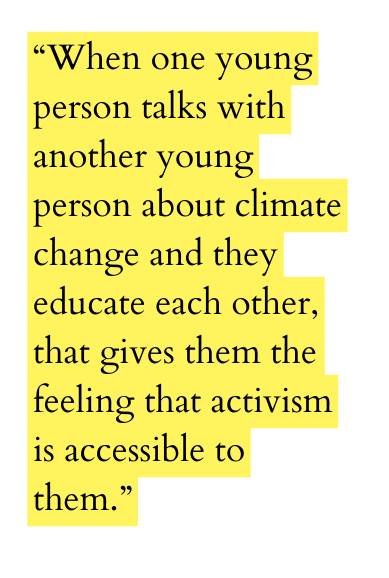
When I got back to New York City from that trip home, I was angry, sick, upset and really stressed for my family who were still experiencing the effects of that fire. So I ended up doing reading and research around climate change and its connection to increasing wildfires, and it made me really want to do something. But I didn’t really realize what I could do until I started to see Greta Thunberg. That was right when Greta had just given her first big speech at the COP in Poland, and I remember being so inspired. Right after that, a bunch of school strikers in Australia went on a climate strike, and that also helped launch more of the global movement.
I was so inspired by these young people, so I took all the climate anxiety and grief I was feeling, and I turned it into action on December 14th, 2018, when I made two signs: one that said “COP24 failed us” and another that said “School Strike for Climate.” I went and sat in front of the United Nations headquarters every single Friday for around a year, all the way up until the beginning of the pandemic. And I started to get connected with the global climate movement and discovered that social media could be so helpful with connecting with other young people. I found myself organizing global climate strikes in 2019, on March 15, May 3, and on September 20, when we got 315,000 young people protesting in the streets of NYC.
That was really inspiring, but I realized that there were still so many more people we needed to bring into this movement if we were going to succeed, so I decided to start a nonprofit organization called Earth Uprising. Getting educated about the realities of climate change had gotten me into the movement, and it was one of the main things bringing other young people into the movement as well. But the most effective education is peer-to-peer, which is what the Fridays for Future movement was all about. When one young person talks with another young person about climate change and they educate each other, that gives them the feeling that activism is accessible to them. So, Earth Uprising started on the principle of educating young people, peer to peer, on climate, education and bringing them into the movement.
We started it on Earth Day of 2019. Since then, we’ve continued to grow, and we have a couple different focuses. Earth Uprising has a Global Youth Leadership Council that focuses on Climate Justice and making sure that voices from all around the world, from the communities most affected, are heard. Two people from every continent serve on this council for two years. That way, we’re constantly hearing new voices, new ideas, and we actually took this Global Youth Leadership Council and some of our other youth, a very diverse delegation of 20, to the Conference of Parties (i.e., “COP”) in Egypt this past November.
We also have a few different branches of the organization — Earth Uprising Law and Policy, Earth Uprising Media, and Earth Uprising Education. With Earth Uprising Law, one thing that we’re really focusing on is connecting young activists with legal representation. One thing I found with the petition that I was a part of was that using legal action to force corporations and governments to take action can be effective, but there needs to be a lot of public pressure backing up the legal effort. We plan to amplify cases and to partner with our Uprising Media to make sure that when these cases are brought, they become more widely known.
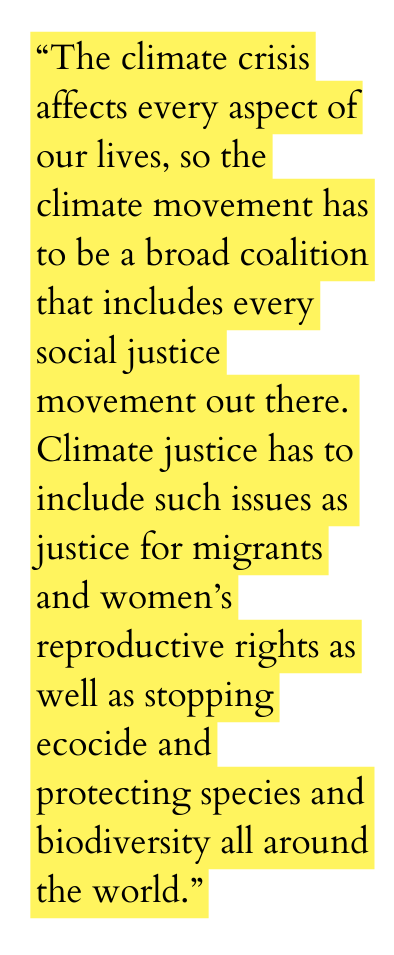
Our media work focuses on making sure that young people are having their own voices represented and are sharing their own stories from their own perspectives. Our Earth Uprising Education and Scholar program focuses on continuing to educate young people, including by getting climate curricula into schools, as well as by helping get some students from some poorer countries the resources they need to be able to go to universities to get environmental science degrees.
Another campaign we’re planning right now is called “Seat at the Table.” We think it’s so important that young people are represented in decision-making spaces, and so we are setting up a framework so we can engage companies, businesses and governments to create youth advisory councils, so we can be involved in their processes and actually be heard and bring new ideas and new initiatives.
The other main campaign we’re working on is “Mission: Finance Earth,” which focuses on getting resources to communities most affected by the climate crisis, focusing especially on disaster relief. The climate crisis affects every aspect of our lives, so the climate movement has to be a broad coalition that includes every social justice movement out there. Climate justice has to include such issues as justice for migrants and women’s reproductive rights as well as stopping ecocide and protecting species and biodiversity all around the world.
For adult allies, there are a number of ways that you can help support the youth climate movement. First, be fans of the movement and spread the word about it and help amplify young leaders’ voices in your communities. And funding is so important because very often those young activists who are able to go places and speak tend to come from more privileged backgrounds, and we need to get more young frontline voices heard. And intergenerational partnerships are really critically important as well. 350.org and Bill McKibben have been great examples of intergenerational activism, and he went on to co-found ThirdAct.org to organize seniors. In New York City, I found these two old-school activists who I refer to as my climate parents and grandparents. And the great book “All We Can Save” that I was honored to be asked to contribute to highlights a lot of great solutions and successes from leading women within the climate movement. It’s a great resource.
CALLIE: How did your parents react to your skipping school every Friday and picketing the U.N.?
ALEXANDRIA: Neither of my parents had ever really been in activism before either, so the concept of going out and protesting was something that hadn’t really been familiar in our family before. But my mom got her master’s in climate science, and I argued with her that “you scientists” study what’s happening to the planet, but if we want to have any chance of changing things for the better, we should be out making some noise. So she was supportive, but she didn’t realize how far it would go. My dad is also very supportive of my activism. He taught me how to go and listen to the birds in the forest. So, my family was very supportive of it, but we were all kind of surprised by just how much of an impact someone can have and how it took off.
CALLIE: Most people who are in their teens and early 20s are still working out what they want to do when they grow up, but the three of you have already accomplished more than most adults have and probably ever will. So how has your understanding of these intersectional crises shaped the way you think about your own futures? How has being engaged in climate activism and being so aware of this crisis shaped how you see your future, where you want to go with your future?
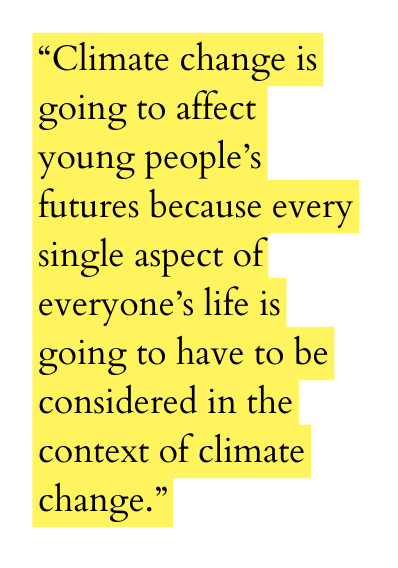
ALEXANDRIA: Climate change is going to affect young people’s futures because every single aspect of everyone’s life is going to have to be considered in the context of climate change. A lot of my friends are considering whether or not to have children, if they’re going to go to university, what type of career they should have, all in the light of the major impact climate change will have on all of society. It’s a lot of pressure that young people are feeling.
ANIYA: Because of YVA and my experience in organizing, I cannot imagine myself doing anything where I’m not deeply engaged with my community. Even if we do a better job bringing in clean energy and all that, there will still be a lot of social oppression to deal with because unfortunately we can’t quickly reverse the damage that has been done for centuries now, not only to our planet but to our people. So I’m really interested in helping myself but also engaging with my community about how we can work together to heal from these multigenerational traumas, how we can move forward, away from capitalism and colonialism.
ALEXIA: My mom instilled a strong sense of justice in me, and so justice, serving others, compassion and connection to the environment were things that were always very present in my consciousness. Even though I didn’t realize it, that guided my activism and now my career path. But to this day I don’t actually know what my career’s going to be. I’m graduating in May, so we’re going to find out where I’m going to end up working at, but I think community-building and organizing, fighting for liberation for our people and fighting against oppression will always be a central part of my life.
CALLIE: You’ve all spoken about myriad challenges — biodiversity loss, climate change, racial injustice, systemic oppression, but how do you decide what to focus upon on any given day? If it’s everything, everywhere, all at once, how can you focus effectively?
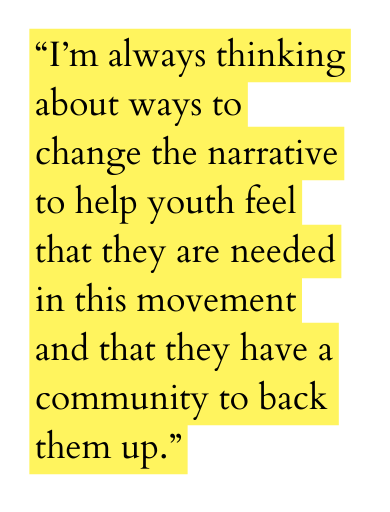
ANIYA: My main priority is to build youth power and to help frontline youth get involved and organized. I’m always thinking about ways to change the narrative to help youth feel that they are needed in this movement and that they have a community to back them up. That’s what my work with Hip Hop and Climate Justice and with coordinating the No One Is Disposable team is all about.
ALEXIA: For me it actually really helps, first of all, to know that everything is connected, that all the injustices are connected, so if you’re tackling injustice at any intersection, you’re doing the work. I’ve found my focus change over the past decade, but right now I’ve been honed in on the immediate issues facing the communities in Austin I’ve been working with.
ALEXANDRIA: I feel like it is kind of “everything, everywhere, all at once” because there are so many issues that can intersect with campaigns we’re working on, so one thing I try and do is if there’s a campaign that we’re planning on which we can partner with different groups in different areas working on different social justice issues, I’ll want to connect with them and make sure that we’re trying to include their actions in what we’re doing, and making sure that we’re messaging around how all these issues are related. Trying to find a way to fit everything into one campaign, when it’s possible, is one thing that I have tried to focus on.
What follows was part of the Q&A segment of the discussion:
AUDIENCE MEMBER (AM): So many people are overwhelmed and in fear and stressed about the state of everything. How do you bring them in and offer them the sense that there’s hope?
ANIYA: I’m still learning how to do that because I’m still pretty young, and sometimes I get freaked out too, but the key for me is in sharing experiences about the impact we can have and are having. There are thousands if not millions of people working on these issues around the world, millions of people who definitely care, millions of people coming together to see how we can make change and dismantle oppression. Sharing that can give people hope and the desire to be part of it.
ALEXIA: I also really like to refer people to history. I think we’ve overcome the impossible multiple times. My grandparents lived under colonization. They were not supposed to survive, but they did, and time and time again, people do; we do. We keep on fighting and we keep on going. There’s a lot we can learn from those histories.
ALEXANDRIA: I also think that one of the best remedies for climate anxiety or eco grief is action. When I go and focus on some campaign, when I’m protesting or organizing, it’s one of the things that really makes me feel better about what’s going on. And for a lot of young people who can’t vote yet, it’s the only way to have a say in our political system. I think action’s the best remedy.
AM: Alexandria, could you tell us a bit more about the legal and media work of your organization?
ALEXANDRIA: We focus on connecting young people with legal representation at the local, national and international levels, because there are many climate lawsuits with young people happening all around the world. It’s a great way to put pressure using the systems we have created. You need pressure on the inside and from the outside; they’re equally important. In the Children vs. Climate Crisis complaint that I was part of, a lot of people didn’t actually know about it. If we had had more public awareness and pressure, it would have made a big difference. But sometimes with legal cases, you can just get stuck in the nitty gritty process of it, and it’s sometimes hard to communicate to the public what’s going on. So, with young people who have current legal cases, besides connecting them with lawyers, we also want to help them amplify their message and get the word out about their cases.
In our media projects, we work on op-eds, interviews and using social media, but we want young people to write their own narratives instead of being interviewed by a journalist. We want to make sure that it’s authentic and it’s coming from young activists themselves. We also collaborate with a coalition of a bunch of media groups that have committed to reporting on climate; we work with them on making sure that youth are being represented in the media.
AM: How do you deal with attacks and negative comments and with adults not taking you seriously? And how do you cope with what must be an incredibly busy schedule combining activism and your studies?
ALEXIA: I think when you start having haters is when you know you’re having an impact, but usually the best strategy is to not pay attention to those people that are just attacking you, because that’s not a genuine conversation. When you talk to people in real life, and you listen to what they care about, especially in a community setting, if you’re able to have that sort of real conversation, I’ve been quite successful in getting people to join our campaigns, because people care about their experiences and their quality of life. But in terms of a busy schedule, I don’t quite know what the answer is there. I’m a little sleep deprived and probably drink too much coffee, to be honest…
ANIYA: Yeah. I definitely don’t have any answers about my busy schedule. I’m sort of still trying to manage it all. I’m a junior in high school. When I started with YVA shortly after the pandemic came, we were mostly just doing work on Zoom, so I just had two different screens open, one for my YVA Zoom meetings and one for my homework. But now that I have to go to school and I also want to hold myself to a certain standard when it comes to my academics, I have to balance school and the roles I hold at YVA, and it’s hard. I tell young people that I think activism is important, but I don’t think it’s worth sacrificing your childhood for it. You have to have fun, too, and I try to follow my own advice, but it’s a challenge…
In terms of dealing with the negative comments, in mainstream climate spaces I have encountered adults who only want to talk about science and don’t want to hear about or talk about the impacts on my frontline community, and that seems disrespectful, and it hurts me. But I’ve learned how to communicate that these issues need to be talked about, to just push and use my young person card to get people to listen to what I’m saying.
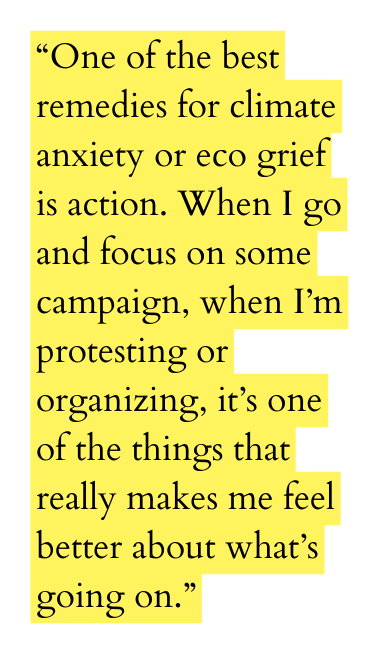
ALEXANDRIA: When it comes to negativity or people who don’t agree with you, it’s true that a lot of teenagers can be annoying. I know I’m annoying, but I think we can use that for the good, so I encourage young people to continue sharing your message without fear. When it comes to negativity and social media trolls, it’s important to just continue to outnumber those people, and I think that we are. I think that the message of climate action and climate justice is starting to outnumber those people, and I think just continuing to do that is important, so we can just drown them out.
And I’m also a junior in high school, and it’s definitely very difficult managing a schedule. I came here directly from school, and I have so much homework tonight and a test tomorrow. Taking naps is probably the best advice I can give: just take a nap whenever you can and try and plan ahead as much as you can, but also just expect the unexpected, because it will happen.
AM: What do you do when movements lose steam? And how do you decide if it’s worth reforming a system or if you should just work to abolish it?
ALEXANDRIA: I think that to make change happen you need pressure from outside and sympathetic people inside the system. There are times you may have to compromise, but you still have to make sure that you’re sharing the movement’s fundamental messages. I think we need some youth inside in the decision-making spaces, at the negotiation tables, and a lot of mobilized young people outside of those rooms protesting. Having both of those at the same time can be the most impactful.
ALEXIA: I want to second that. My personal kind of organizing strategy has been an inside and outside game. Sometimes I focus on a local, specific, limited goal, but I don’t forget the long-term overall goal of abolishing capitalism and colonialism.
ANIYA: I’m more of a “the whole system needs to go” kind of person. I feel that the roots of these systems of oppression are so strong that it will be very hard to achieve real liberation just by reforms around the edges and some compromises, but I’m still learning, and I’m sure there are many other approaches.
ALEXANDRIA: I think that there’s so many different ways to take action in this movement, and I hope to see you all finding your calls to action and going out and building community.
